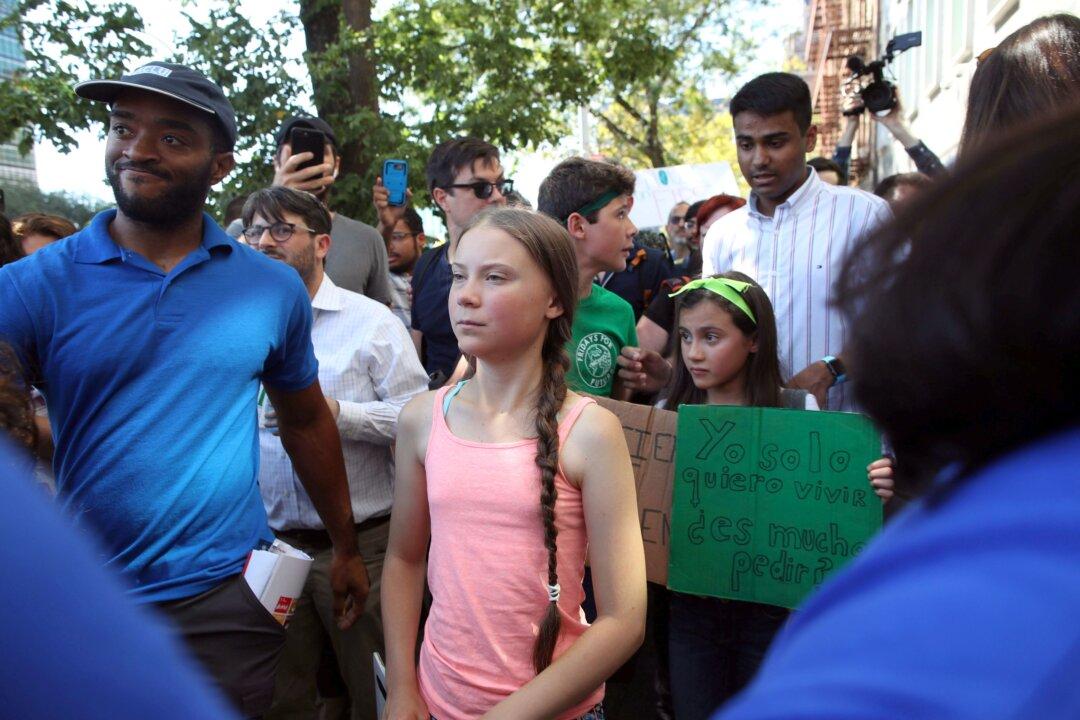To skip or not to skip? That is the question.
Whether ‘tis nobler for students to suffer the tests and assignments of regular class or to take up arms in the name of social justice and by skipping, thus to oppose injustice.

To skip or not to skip? That is the question.
Whether ‘tis nobler for students to suffer the tests and assignments of regular class or to take up arms in the name of social justice and by skipping, thus to oppose injustice.